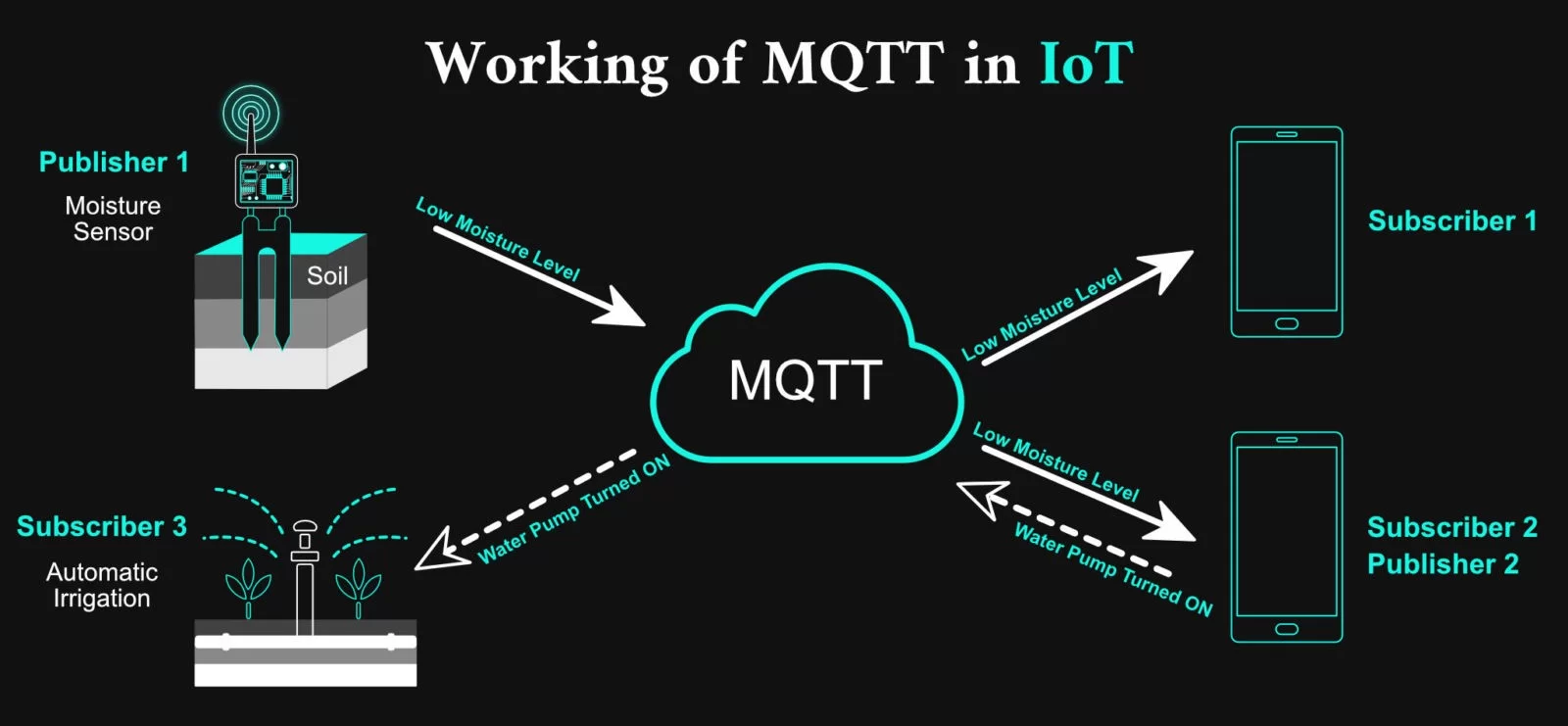When people think of SIM cards, the first thing that comes to mind is the little chip inside their mobile phone. For individual consumers, the cost of buying a SIM card might seem straightforward—purchase it from a carrier, insert it into your device, and start calling or browsing the internet. But in the age of the Internet of Things (IoT), SIM cards have evolved into far more than just phone accessories.
For businesses deploying IoT and machine-to-machine (M2M) solutions, the question “How much does buying a SIM card cost?” is more complex. Costs vary depending on use cases, data requirements, global roaming, and management features.
In this article, we’ll break down SIM card costs, explain the difference between consumer SIMs and IoT SIMs, and explore how Zhongyi IoT provides flexible, pay-as-you-go data plans that optimize costs for enterprises.
The Basics: What Are SIM Cards and Why Do They Matter?
A SIM card (Subscriber Identity Module) is a small chip that stores network identity information, allowing a device to connect to mobile networks. Without it, your device cannot access 2G, 3G, 4G, or 5G networks.
For IoT applications, SIM cards play an even bigger role: they enable machines—from GPS trackers and smart meters to industrial sensors—to communicate reliably with servers and applications.
How Much Does a Consumer SIM Card Cost?
For regular mobile phone users, buying a SIM card typically involves two costs:
- Initial Purchase Fee – In many countries, carriers charge a small one-time fee (ranging from $1 to $10) to issue a SIM card. Sometimes it’s free with a contract.
- Monthly Plan – Depending on the country, users pay $10–$50 per month for voice, SMS, and data services.
This structure works for individuals but is not suitable for IoT where devices:
- Rarely need voice or SMS.
- Consume very small amounts of data but require consistent connectivity.
- Operate in bulk (hundreds or thousands of devices).
The True Cost of an IoT SIM Card
When it comes to IoT and M2M solutions, the cost model changes significantly. Let’s break it down:
1. Initial SIM Cost
- IoT SIM cards are usually priced between $2 and $5 each, depending on durability and network capabilities.
- Industrial-grade SIMs, which are built to withstand heat, humidity, and vibrations, may cost slightly more.
2. Data Plan Costs
Instead of paying for voice and SMS bundles, IoT SIMs are usually billed by data usage. Costs may vary:
- Low-usage devices (like smart meters) may use as little as 5–10 MB per month, costing just $0.50–$1.50 per SIM.
- Medium-usage devices (like GPS trackers) may need 50–200 MB monthly, costing $2–$5.
- High-usage devices (like video surveillance IoT cameras) may consume several GB monthly, costing $10–$20+.
3. Management Platform
Enterprises need centralized dashboards to monitor thousands of SIMs. Some providers include this free; others charge a small subscription fee.
4. Roaming Fees
Global IoT deployments require multi-network roaming SIMs. These may cost 20–50% more but ensure reliable connectivity across regions.
Cost Factors That Influence IoT SIM Pricing
The cost of buying a SIM card for IoT is not fixed—it depends on several variables:
- Geography – Connectivity prices vary by country and operator.
- Data Volume – The more data required, the higher the monthly fee.
- Network Type – NB-IoT and LTE-M are optimized for low-power IoT, often cheaper than 4G/5G.
- Scale – Bulk purchases lower per-SIM costs.
- Contract Terms – Long-term contracts may offer discounts.
- Security Features – Private APNs and VPNs may increase costs but are critical for sensitive industries.
Why Pay-As-You-Go is Ideal for IoT
Traditional fixed plans often result in wasted data because not every IoT device uses the same amount of traffic. This is why Zhongyi IoT offers flexible, pay-as-you-go SIM card solutions.
Advantages of Pay-As-You-Go for IoT:
- Cost Efficiency – Only pay for the data you use.
- Scalability – Easily add more devices without renegotiating contracts.
- Flexibility – Supports both low-data and high-data devices in the same ecosystem.
- Transparency – Real-time usage monitoring prevents bill shock.
💡 Example: A fleet of 1,000 GPS trackers may only need 50 MB of data per device. With pay-as-you-go, you only pay for the actual data consumed, avoiding overpayment.
How Zhongyi IoT Helps Businesses Reduce SIM Costs
At Zhongyi IoT, we understand that enterprises need cost-effective, reliable, and scalable connectivity. That’s why our SIM card solutions are designed to optimize costs while ensuring performance.
Our value proposition includes:
- Flexible Data Plans – Pay-as-you-go or pooled data across devices.
- Global Coverage – Partnerships with 200+ operators worldwide.
- Industrial-Grade SIMs – Long-lasting and durable in harsh environments.
- Smart Management Platform – Activate, monitor, and deactivate SIMs remotely.
- Custom Pricing – Tailored to your exact business needs and data usage.
The Future of SIM Card Costs in IoT
As IoT adoption grows, SIM card costs are expected to become even more flexible. Key trends include:
- eSIM & iSIM – Eliminate physical SIM replacements and reduce logistics costs.
- Usage-Based Billing – More providers adopting real-time, per-MB billing.
- 5G IoT Plans – Higher bandwidth at optimized pricing for massive IoT deployments.
- AI-Driven Cost Optimization – Predictive data analysis to help enterprises forecast usage and control spending.
Conclusion
So, how much does buying a SIM card cost?
- For consumers: around $1–$10 upfront and $10–$50 monthly.
- For IoT businesses: $2–$5 per SIM upfront and $0.50–$20 monthly, depending on data usage and connectivity needs.
The real difference lies in how you pay. Traditional consumer SIMs are rigid and expensive for IoT, while enterprise-grade IoT SIMs from Zhongyi IoT provide flexibility, pay-as-you-go billing, and centralized management.
By choosing the right partner, businesses can scale their IoT deployments without overspending on connectivity.
🚀 At Zhongyi IoT, we help companies worldwide achieve smarter, more affordable, and more reliable connectivity. Whether you are connecting 100 devices or 100,000, our SIM card solutions adapt to your needs.



